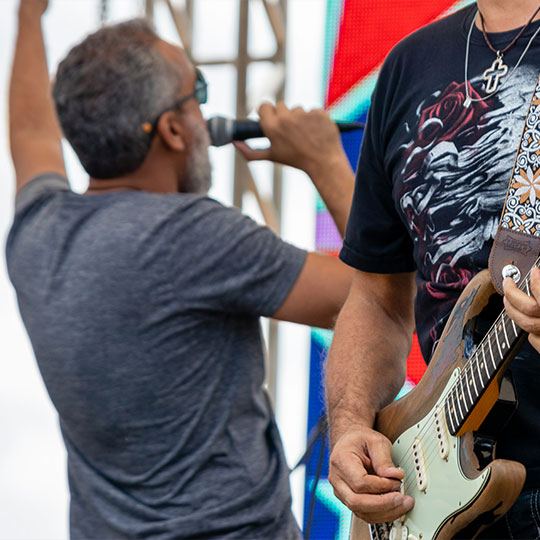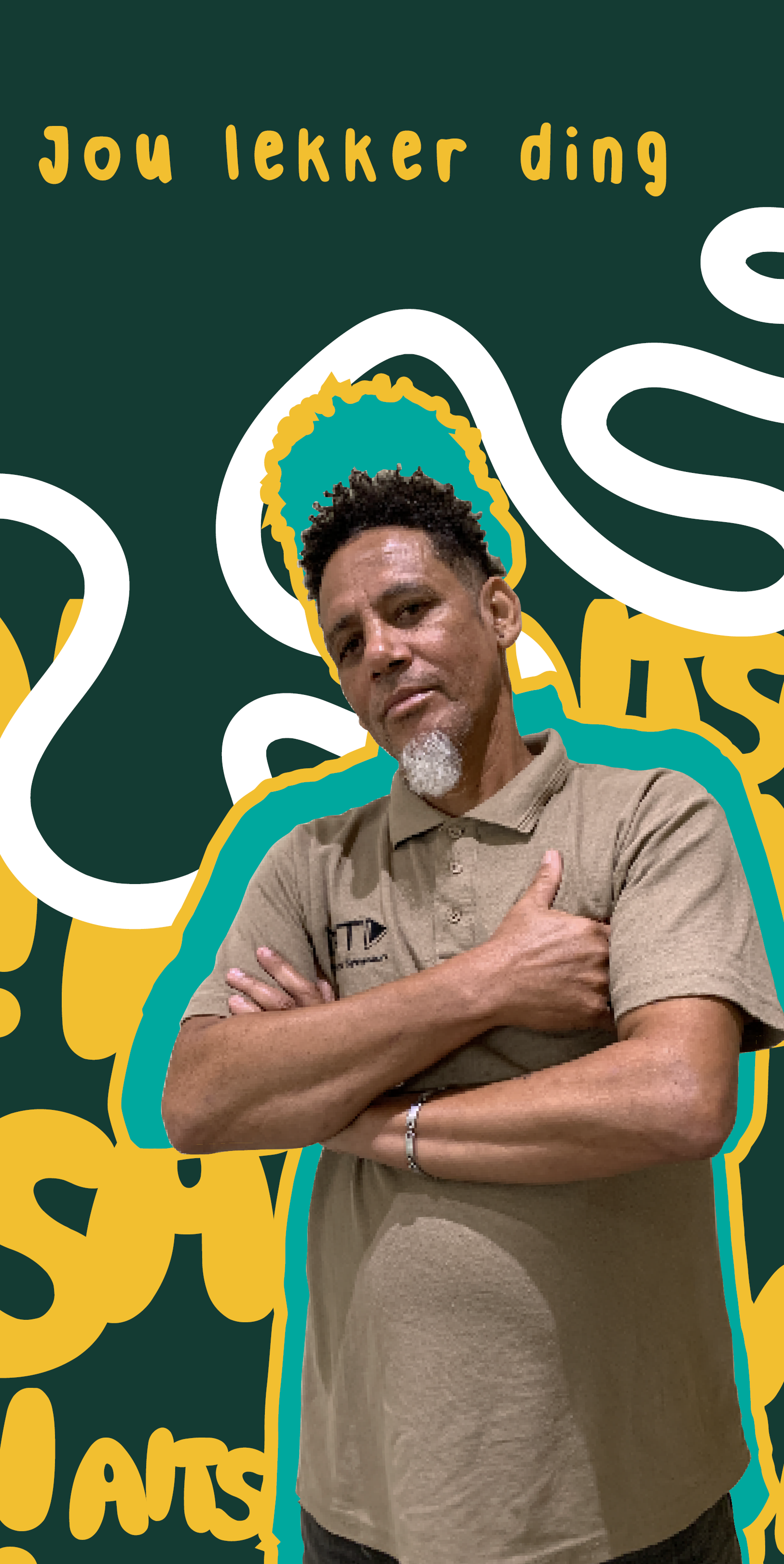
The Vice President of Namibia, Lucia Witbooi, has urged Namibians and Traditional leaders to guard against all forms of divisive tendencies, utterances and practices.
“This can divide us and bring cracks to the solid foundation built by our forefathers. Division and succession related disputes are tendencies that could hamper growth, stifle progress and arrest development in traditional communities and the country at large. It is time that we resolve our differences amicably and work harmoniously under the umbrella of cultural unity with a view to strive for social progress, growth and development,” Witbooi said at the official opening of the 6th Annual Nama Cultural Festival which took place under the theme “Namakhoeda ge - /Gui!nâxasib- tsî ai!gûs /omkhâis !oa” (translating to Nama people striving towards progress, growth and sustainability) on Friday in Keetmanshoop.
United we stand - The Vice President emphasised that unity of purpose is the only key to bring about sustainable development in Namibia. “The Hoachanas Treaty signed in 1858 united the entire Nama sub-tribes, by fostering collective resistance against Colonial Imperial Conquest, which sought to conquer, enslave, subjugate and dispossess them of their land, heritage and humanity. Today, we face a common enemy in the form of poverty, inequality and unemployment. To overcome these social challenges, it is imperative that we come together as an integrated, reconciled and unified people,” Withbooi said. She reminded Namibians to be mindful of the fact that progress, growth and sustainability can only be achieved if they stand united. “Unity is the heartbeat of a collective people who understand their shared struggles, common history and cultural diversity which blooms in every language and rhythm. In social cohesion we are bound together in a tapestry of strength, dignity and love, and these are the prerequisite to our desired goal of achieving progress, growth and sustainability, moving forward.”
Make good use of opportunities - Witbooi further highlighted that the ?Kharas Region is endowed with various natural and mineral resources. “This region offers tremendous economic investment opportunities in extractive industries, oil and gas, green hydrogen and ammonia production. It is imperative that we prepare as a region and as inhabitants to make use of the opportunities that will become available in these niche industries.” She encouraged the youth to take full advantage of the opportunities offered through education and skills development in the ?Kharas Region. “The creative industry is a sector of strategic national importance, through which the high levels of unemployment can be arrested. The onus is on the younger generations to cultivate a spirit of cultural pride and become the transmission belts on which our indigenous music, art and dance are celebrated, maintained and preserved.” She thus urged all Namibians to creatively express themselves in art, culture, music and dance. “The creative art industry is one of the gateways of sustainable livelihoods in Namibia. As African indigenous people, we are gifted with various talents, hence let us grab the opportunity offered by the government to express our unique talents particularly in dance, music and art.”
Of great significance - Witbooi also emphasised that cultural festivals and days commemorating national events are not mere gatherings. “Such occasions should enable Namibians to forge a stronger and more resilient nation anchored in the spirit of nationhood and patriotism. The Nama Cultural Festival and all other cultural festivals celebrated in Namibia, will, through the sharing of stories, customs, music, dress, dance and food, offer lessons that pave the way for the Namibian nation to be a more harmonious and peaceful society.” She encouraged Namibians to use these platforms to gather around the celebration of their shared history, traditions and practices, showcasing their unique heritage and promoting values which unites them as one people. “The Namarokhoes, which is a traditional Nama dress made of a colourful, unique and beautiful patchwork design for example symbolically represents the fact that the Nama people are fabric pieces beautifully sewn together to form part of Africa. Indeed, that is how African culture should be celebrated, maintained and preserved,” she pointed out.
“This can divide us and bring cracks to the solid foundation built by our forefathers. Division and succession related disputes are tendencies that could hamper growth, stifle progress and arrest development in traditional communities and the country at large. It is time that we resolve our differences amicably and work harmoniously under the umbrella of cultural unity with a view to strive for social progress, growth and development,” Witbooi said at the official opening of the 6th Annual Nama Cultural Festival which took place under the theme “Namakhoeda ge - /Gui!nâxasib- tsî ai!gûs /omkhâis !oa” (translating to Nama people striving towards progress, growth and sustainability) on Friday in Keetmanshoop.
United we stand - The Vice President emphasised that unity of purpose is the only key to bring about sustainable development in Namibia. “The Hoachanas Treaty signed in 1858 united the entire Nama sub-tribes, by fostering collective resistance against Colonial Imperial Conquest, which sought to conquer, enslave, subjugate and dispossess them of their land, heritage and humanity. Today, we face a common enemy in the form of poverty, inequality and unemployment. To overcome these social challenges, it is imperative that we come together as an integrated, reconciled and unified people,” Withbooi said. She reminded Namibians to be mindful of the fact that progress, growth and sustainability can only be achieved if they stand united. “Unity is the heartbeat of a collective people who understand their shared struggles, common history and cultural diversity which blooms in every language and rhythm. In social cohesion we are bound together in a tapestry of strength, dignity and love, and these are the prerequisite to our desired goal of achieving progress, growth and sustainability, moving forward.”
Make good use of opportunities - Witbooi further highlighted that the ?Kharas Region is endowed with various natural and mineral resources. “This region offers tremendous economic investment opportunities in extractive industries, oil and gas, green hydrogen and ammonia production. It is imperative that we prepare as a region and as inhabitants to make use of the opportunities that will become available in these niche industries.” She encouraged the youth to take full advantage of the opportunities offered through education and skills development in the ?Kharas Region. “The creative industry is a sector of strategic national importance, through which the high levels of unemployment can be arrested. The onus is on the younger generations to cultivate a spirit of cultural pride and become the transmission belts on which our indigenous music, art and dance are celebrated, maintained and preserved.” She thus urged all Namibians to creatively express themselves in art, culture, music and dance. “The creative art industry is one of the gateways of sustainable livelihoods in Namibia. As African indigenous people, we are gifted with various talents, hence let us grab the opportunity offered by the government to express our unique talents particularly in dance, music and art.”
Of great significance - Witbooi also emphasised that cultural festivals and days commemorating national events are not mere gatherings. “Such occasions should enable Namibians to forge a stronger and more resilient nation anchored in the spirit of nationhood and patriotism. The Nama Cultural Festival and all other cultural festivals celebrated in Namibia, will, through the sharing of stories, customs, music, dress, dance and food, offer lessons that pave the way for the Namibian nation to be a more harmonious and peaceful society.” She encouraged Namibians to use these platforms to gather around the celebration of their shared history, traditions and practices, showcasing their unique heritage and promoting values which unites them as one people. “The Namarokhoes, which is a traditional Nama dress made of a colourful, unique and beautiful patchwork design for example symbolically represents the fact that the Nama people are fabric pieces beautifully sewn together to form part of Africa. Indeed, that is how African culture should be celebrated, maintained and preserved,” she pointed out.

















